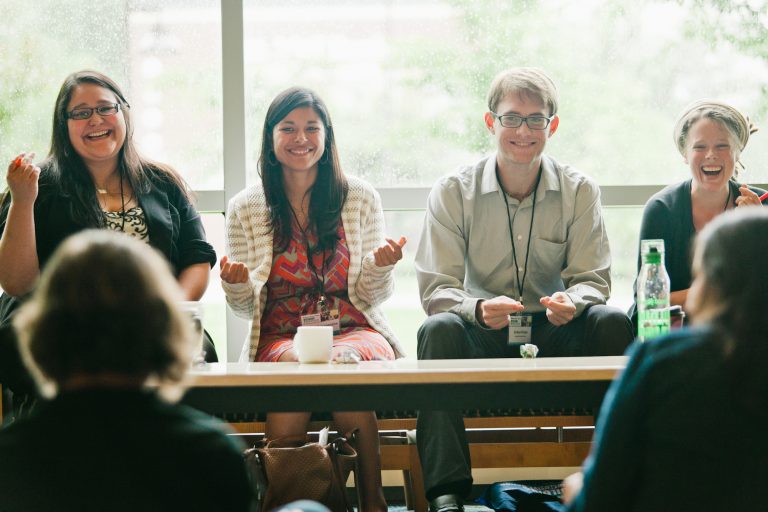
The Rural Youth Catalyst Project is an independent working group aligned with the Rural Assembly. Working nationally, the Rural Youth Catalyst Project aims to strengthen and create opportunities that allow rural and Native youth to realize their hopes and dreams while remaining in or returning to their communities.
As part of the April 2021 Rural Assembly Everywhere Event, the Rural Youth Catalyst Project (RYCP) hosted a breakout session with rural youth development practitioners from across the country. Kathy Moxon, RYCP Co-Founder, offers her reflections from that conversation.
By Kathy Moxon
I was reflecting on the increase in anxiety and depression, particularly among young people, by the pandemic and it reminded me of the conversation at Rural Everywhere in March 2021 about rural youth struggling with borders— geographic, social and physical barriers to inclusion. The conversation was hosted by The Rural Catalyst Project and featured four millennial practitioners working directly with young people trying to find their place in communities. Our question to them was – what are the challenges to creating an inclusive space and what advice would you give about working with youth in that context?
As adults, we often feel pressed to find answers, and as it turns out, we have plenty of them. After all we have lived longer, are in positions of authority and have years of experience teaching, parenting, or studying the topic—we are expected to have answers. Many of us, though, are frustrated that our answers don’t seem to be working well, so we confer with other practitioners.
Rarely do we take the time to ask young people what they believe they need. One of my takeaways from the conversation was the simple reminder that young people do not need so much to be molded by the adults around them, but need to be asked, listened to and supported as they find their way in the world. We need to shift our perceptions of young people as problems that need to be fixed to vessels of nascent wisdom and promise.
We heard stories about young people shifting their personal narratives, lifting each other up and investing in each other. They have the desire to be part of something bigger than themselves, want to be taken seriously and to be supported to reach their goals. They are interested in connecting with older generations, not just to glean knowledge, building their networks and capacity to achieve, but also to validate their contributions.
Our job as youth allies is to create safe spaces. Places where they can find their voice and articulate their needs, hopes and dreams. It is not always a comfortable place for us, they ask difficult questions and want to know about things that we may not have heard about until much later in our lives, or maybe never talked about. We need to teach them what they want to learn about, not just what we think they need to know.
Maybe we can give ourselves permission to not have the answers but instead work alongside young people assisting them as they negotiate their pathways. We shouldn’t forget that we were all young once — ah so long ago.

Collaborate with us: For additional information about the Rural Youth Catalyst Project or to collaborate with us please contact Kim Phinney and Kathy Moxon. Kim can be reached at [email protected] and (802) 922-2274. You’ll find Kathy at [email protected] and (707) 498-9502.







